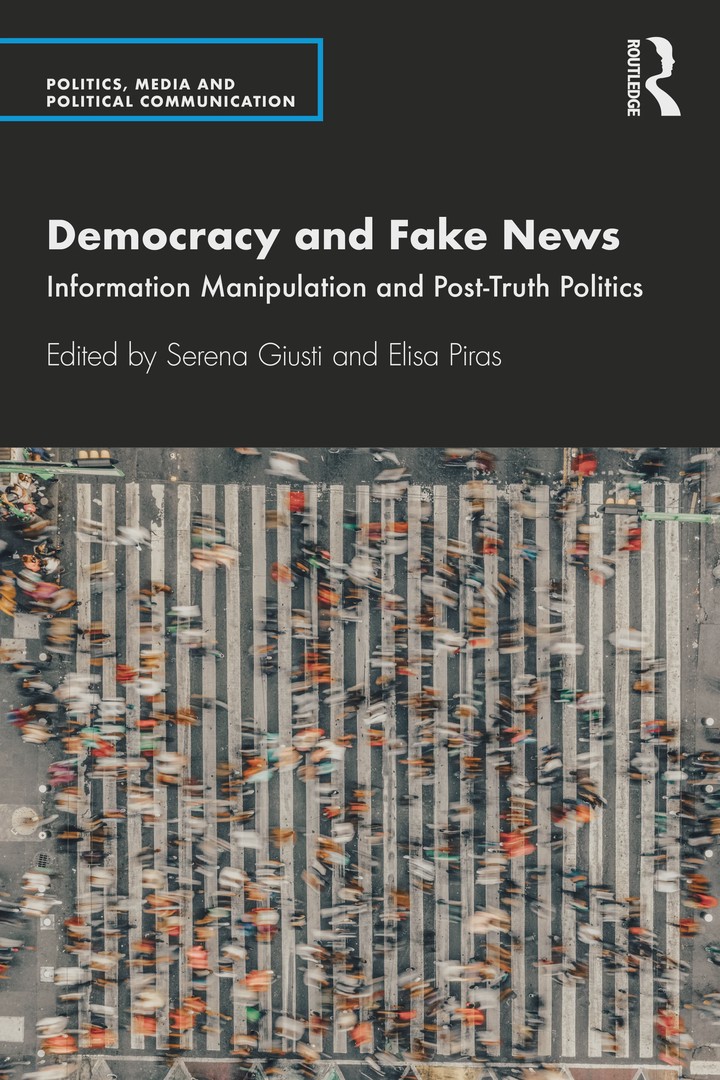Responding to Alleged Russian Interference by Focusing on the Vulnerabilities That Make It Possible
 Book cover
Book cover
Abstract
Based on a media analysis of mainstream Western media, this chapter defines ‘Russian meddling’ as a distinct phenomenon that emerged at the time of the U.S. presidential elections in November 2016. It then proceeds by putting the preoccupation with Russian interference in the context of West-Russia relations and debates what is specifically Russian about Russian meddling. Finally, it outlines the work conducted by expert groups and dedicated committees to find policy responses to the vulnerabilities exposed by alleged Russian interference, focusing in particular on information operations conducted through social media and hacking-and-dumping operations. As will be argued, there is a growing consensus on the structural nature of these vulnerabilities, and an appreciation of the fact that they must be approached without unduly focusing on the Russian component.
Comai, Giorgio. 2021. ‘Responding to Alleged Russian Interference by Focusing on the Vulnerabilities That Make It Possible’. In Democracy and Fake News - Information Manipulation and Post-Truth Politics, edited by Serena Giusti and Elisa Piras. Routledge.